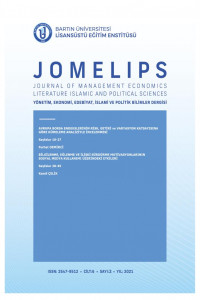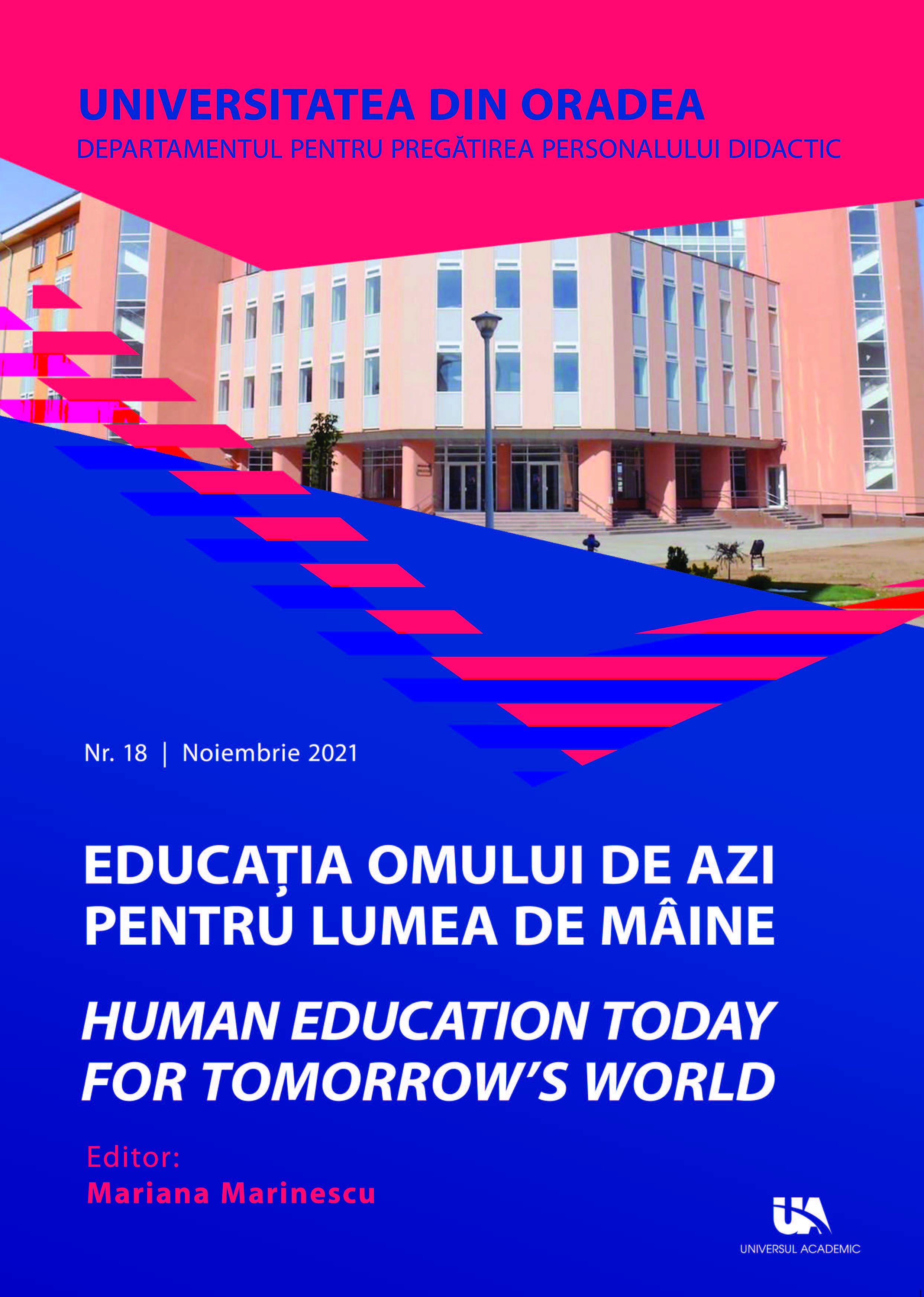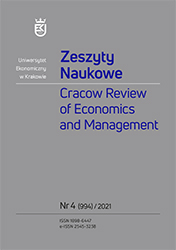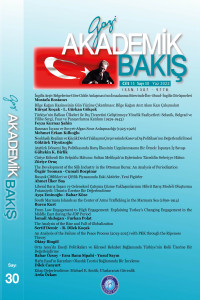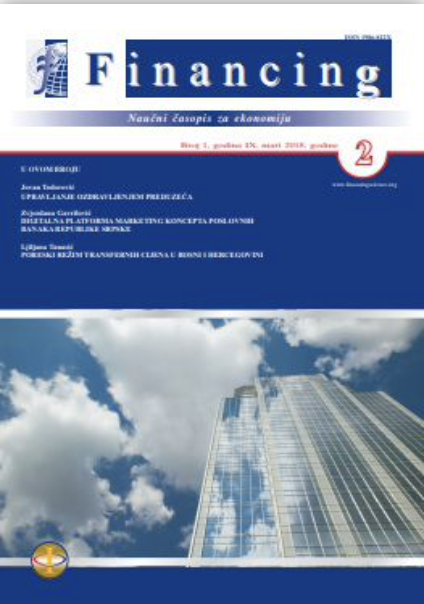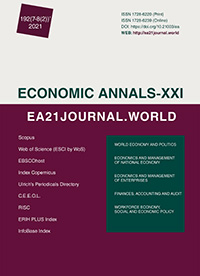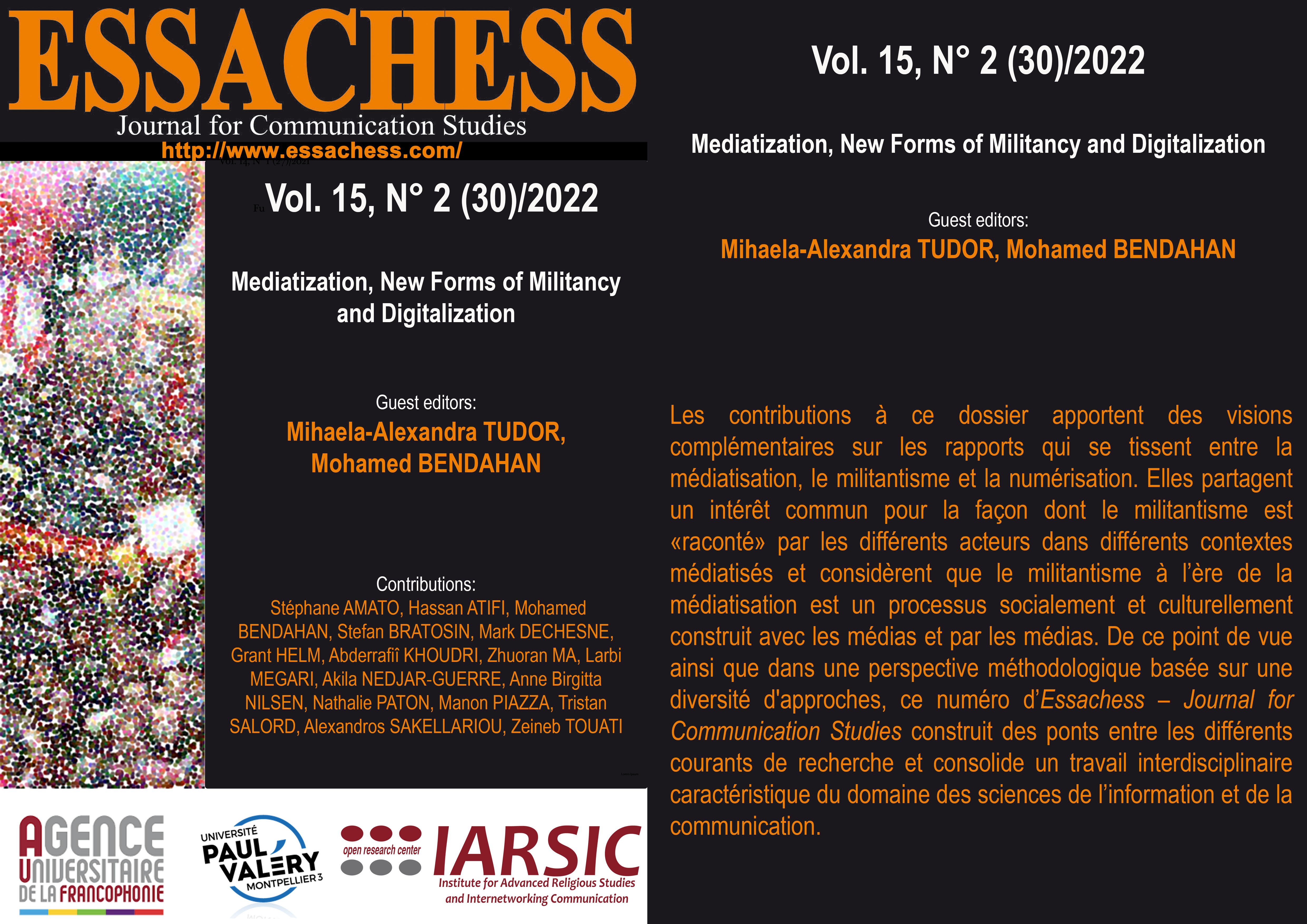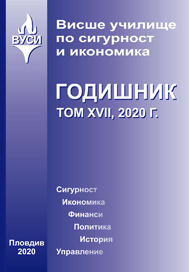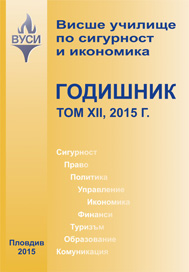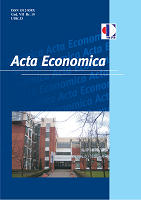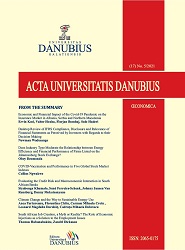
Revisiting the Financial Development and Economic Growth Nexus in Nigeria: Issues at stake
This research work contribute to the never ending debate in the finance-growth literature by examining the complimentary and substitution effects of banks and stock market as they both affect economic growth in Nigeria. A revisit of this subject matter is necessary to check the preparedness of Nigeria’s financial system to key into the global finance goal of ‘financialization’ and also to overcome financial issues militating against her economic growth. Dwelling on the issues of sustainability and liquidity which is paramount for the gains of financial development to translate to economic growth, linear and interaction models that equate bank, stock market and growth variables to economic growth are specified and estimated. Particularly, our findings reveal the importance and strength of the value of stock traded to economic growth when it interacts with bank variables and when on its own. Contrary to previous studies in developed countries, substitution effects are observed in the short run while complimentary effects are observed in the long run. It is believed that this could have been caused by too much of government intervention and control. We therefore recommend an institutional-centric approach for Nigeria’s financial system.
More...
